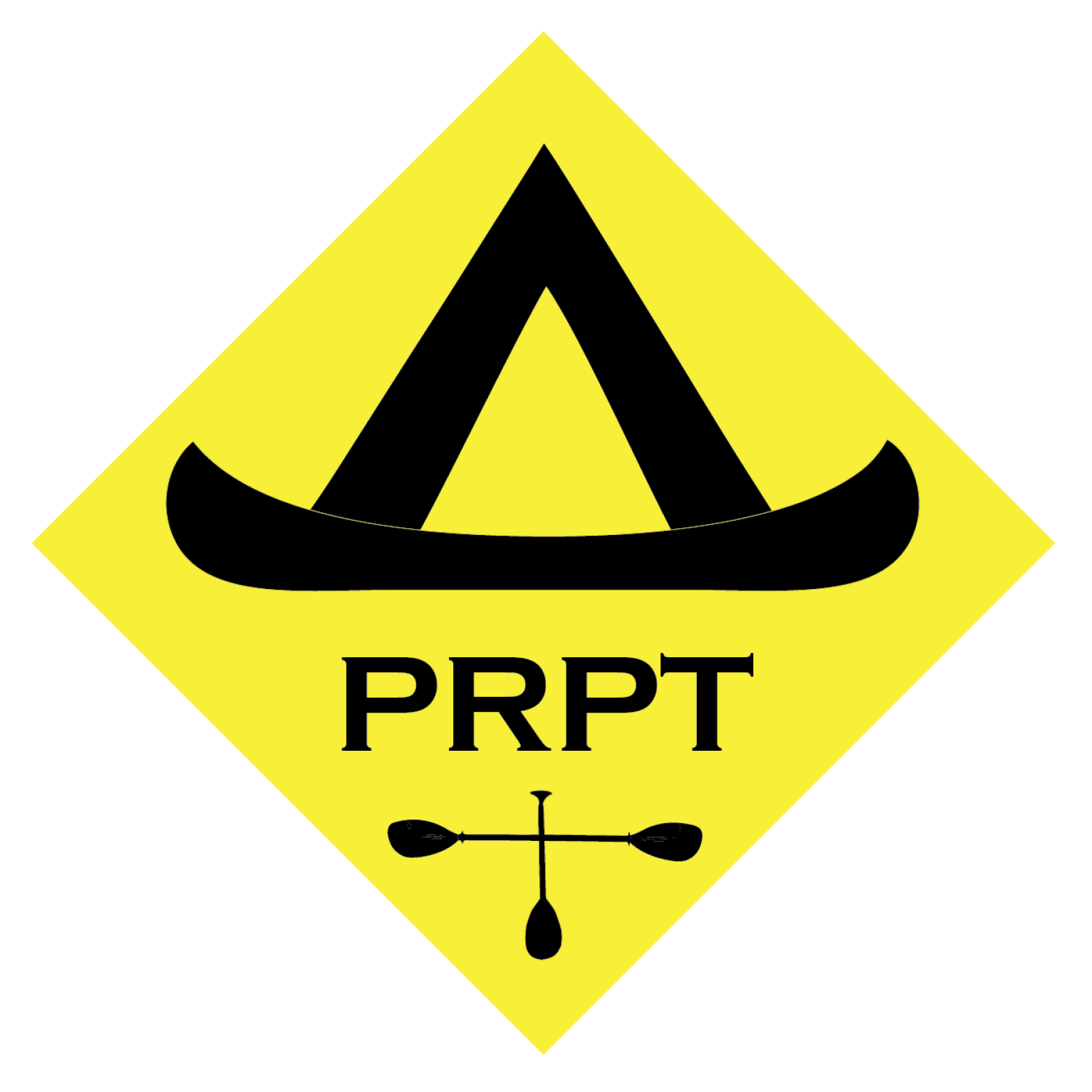The Penobscot River Paddling Trail was initiated to provide campsites for paddlers traveling on the river’s main stem from Medway to Bucksport. Over a distance of 100 miles, the Penobscot offers a combination of flatwater and whitewater, and plenty of access points for day use to long distance trips. Paddlers have options of self-guiding, guides for hire, and Wabanaki cultural experiences. When completed, the campsites will provide a link between the East Branch of the Penobscot and the Maine Island Trail, both of which have established paddling trails.
The Penobscot River offer paddlers a variety of swift water, rapids, and still water ponded upstream of dams. Rapids vary in difficulty with water levels. The river proceeds through forested floodplains, islands, rocky ledges, and steep banks, to a tidal estuary and open salt water.
The river is the ancestral home of the Penobscot Nation, who have endured centuries of change by dams, log drives, industry, and shopping. Thanks to the Penobscot River Restoration Project, 12 fish species can now migrate to ancestral spawning streams, birds and other riparian and aquatic life have a restored habitat, and paddlers can enjoy the river with fewer portages and a more natural landscape.
Enjoy!
